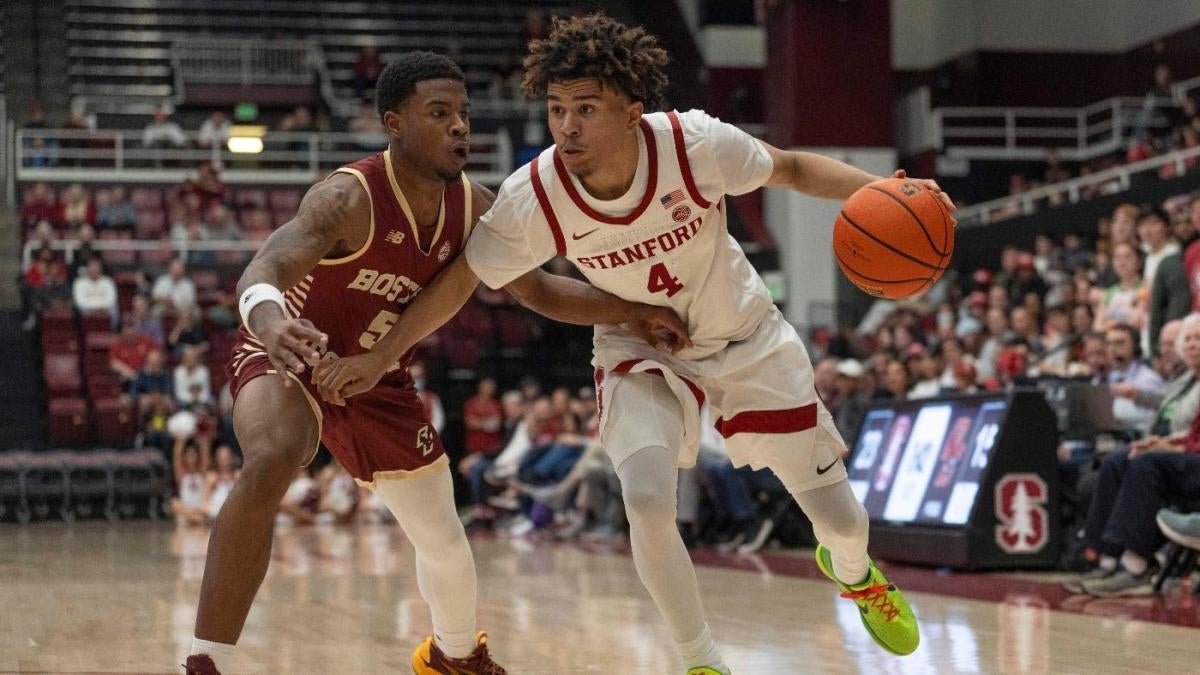(This article is part of Today’s Cache, The Hindu’s newsletter on emerging themes at the intersection of technology, innovation and policy. To get it in your inbox, subscribe here.)
Qualcomm’s possible Intel deal
Qualcomm was looking into whether it could acquire parts of Intel’s design business, with the aim of enhancing its own portfolio while Intel struggles with its finances and is looking to cut losses, per two sources. In specific, Intel’s client PC design business could be on Qualcomm’s agenda. However, Intel said that it was committed to its PC business and that Qualcomm had not approached it about a potential acquisition. Even so, the sources claimed that Qualcomm has been looking to buy portions of Intel for months on end, though the plans are not set in stone.
Intel’s second quarter report did not yield the expected results and drew negative reactions across the sector. There was a 15% reduction in its staff and a pause on paying dividends., as the company looks to see how it can continue to generate cash.
Brazilians protest X block
Sao Paulo’s main boulevard was filled with supporters of former Brazilian President Jair Bolsonaro, who also called on the country’s government to un-block X and support owner Elon Musk. X was blocked in the country after the billionaire’s feud with judge Alexandre de Moraes over the platform’s unwillingness to handle accounts posting far-right content. The decision was later upheld by other Supreme Court justices. However, some politicians have been defying the block and using VPNs to encourage protestors and speak out in support of Musk.
The thousands of X and Bolsonaro supporters took out demonstrations while others were celebrating Independence Day, or Brazil’s anniversary of independence from Portugal. Musk has accused de Moraes of censorship, and shared obscene memes making fun of the judge and his actions against X.
Internet Archive’s appeal fails
On September 4, the Internet Archive database lost an appeal meant to defend its system of lending e-books to readers, as the court sided with publishers Hachette Book Group, HarperCollins, John Wiley & Sons, and Penguin Random House, who alleged copyright violations. The appeals court affirmed that Internet Archive’s use of the original copyrighted works was not transformative, and that IA’s “digital copies do not provide criticism, commentary, or information about the originals.”
Internet Archive has defended its practice of lending out e-books, pointing out that it helps readers from all over the world access literature, including banned or censored works. IA was forced to remove hundreds of thousands of books from its lending collection as a result of the four-year-long case, and is running a petition in order to restore access to them.
Published – September 09, 2024 11:20 am IST












